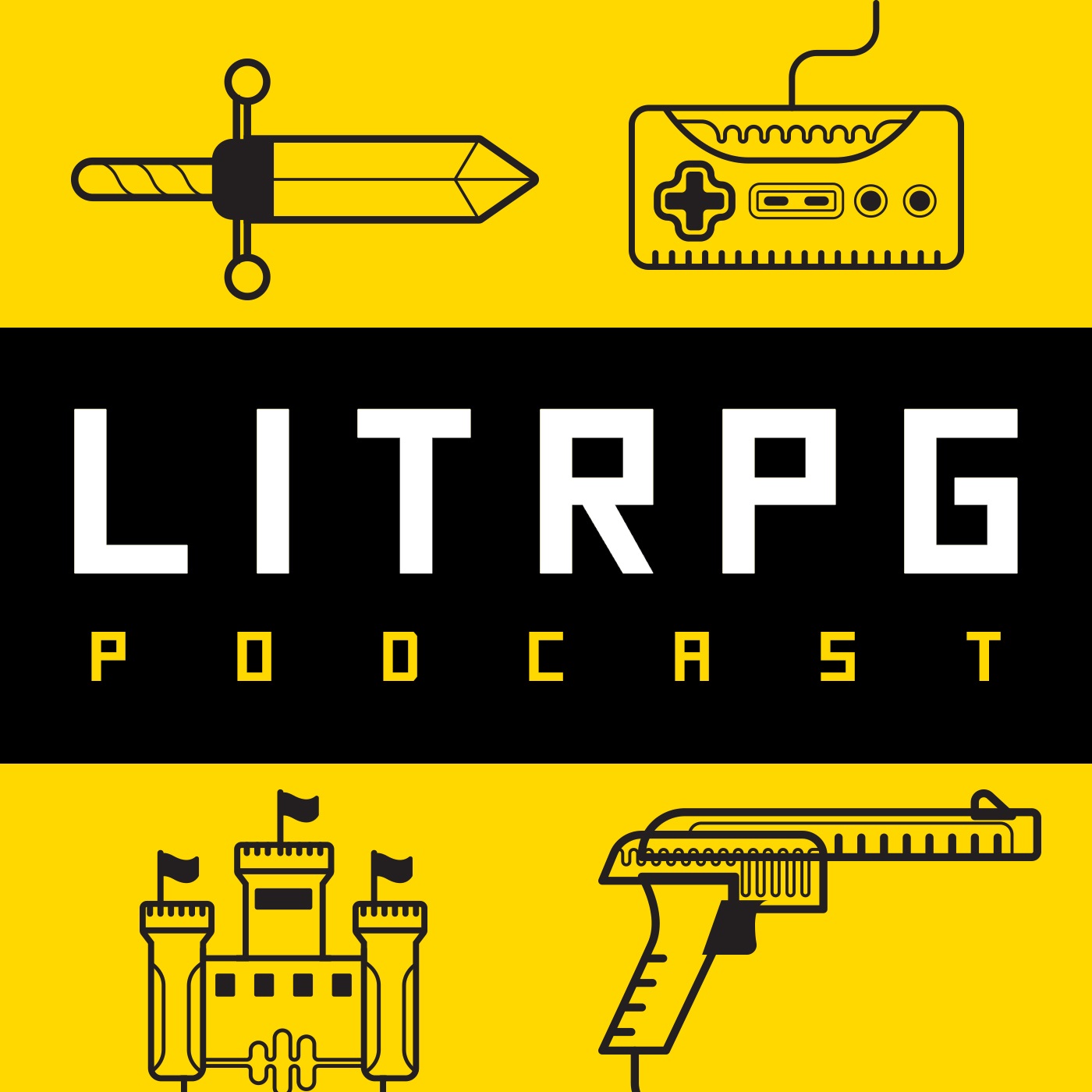The board of directors of Swarm Entertainment had been working on a singular goal for nearly ten years when the breakthrough had come. Since the first consumer release of VR systems, many had realised that the future of VR gaming would always be total immersion, but very few had thought along the same lines as Swarm Entertainment. The singular goal of Swarm was to eventually create a world where the physical restrictions of the human body would no longer apply. If a person was in a wheelchair, they would be able to walk. If a person was blind or deaf, they would be able to see or hear. If a person chose to do so, they could escape their nursing home into a new life where they could enjoy anything and everything they could have ever wanted – this was the main goal behind creating Eden and the possibilities were absolutely endless.
This story follows William, a clever man who had led the development team for six years and been handed the pleasure of entering the virtual world of Eden and its virgin lands before any other human being. He would be the first visitor to unknown computer-generated lands but he won't be welcomed with adoration.
My Opinion: 253 pages, $4.19, Available on Kindle Unlimited
This beginning of the story is to blunt, kind of boring. It gets a bit better about the 22% mark when the reader finally sees a character sheet and the main character (MC), William, gets some kind of explanation about the RPG game mechanics of the world.
The novel starts out with a long winded and improbable premise of a game company letting a AI create her own world and evolve it by speeding up time in the simulation so that hundreds of thousands of years would have passed. Only, none of the developers know what the results are and the lead designer, our main character, is the first human to jump into the full immersion VR game. Only once inside the game, it’s not some original creation, but a standard fantasy world, which makes that whole hundred thousand year natural evolution thing seem like a total waste.
A few things early in the story that bothered me.
-It really stretches disbelief that the lead game designer wouldn’t have some way to see inside the game world while it was being made and that he has absolutely no idea how RPG mechanics work.
-It’s kind of long winded. This lessens as the story goes on, but as an example: early on the author spends a page describing how the MC walks in a circle around camp. Not what he sees, but that he walks in a circle, what the radius of the circle is, and what the area he covered amounts to.
-Much of the story reads like straight fantasy with interspersed sections of RPG notifications and character sheet updates.
-The RPG game mechanics described don’t really effect the story. Eventually, the MC gets in some fights and even levels. But he consistently beats higher level monsters with single shots and does 1000 points of damage at level 1. It also doesn’t seem to matter that he adds to his stats, he still just one shots for 1000 damage regardless.
-It doesn’t make sense that the MC would suddenly own land in the game world and be able to build a town.
Some things that I liked
-At about the 40% mark, the story switches to kingdom/town building and there’s less wand wavy combat. The story shifts to creating relationships with characters and building up the small town. It’s much better writing and it gives the author a chance to show off character’s personalities and do some character development.
-The town building game mechanics aren’t horrible. But again, it’s a bit wand wavy sometimes.
Overall, the early parts of the story just drag the rest of it down. This is a LitRPG story but that the RPG game mechanics presented aren’t consistent or even really impactful of the story made it less enjoyable for me. The last half of the novel saves it from getting a worse score because the story did improve.
Score: 6 out of 10

